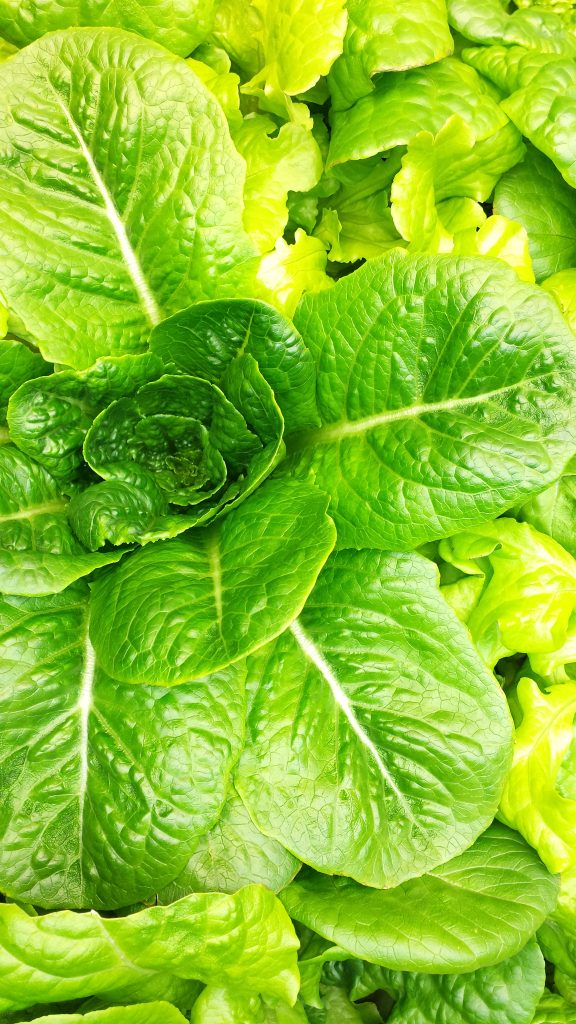
We all know the importance of eating our 5 a day and you may even be chomping down on a salad right now. But would you feel differently if that lettuce was genetically modified? Should you even feel differently at all? First, a little GM crop history. Some of us may remember the first GM food that went on sale in the UK. In the mid 1990’s, supermarkets began stocking tomato products based on modified crops. Whilst intended to be the first of many GM products on the way, the move proved hugely controversial and the produce was pulled from sales within 3 years.
But what actually are GM crops? In short, it is any plant that has had its DNA altered, be that to increase crop yield, increase its nutritional content, enable better defences against pests or viruses or to withstand environmental stresses like droughts. A wide variety of techniques are used to do this but the most common is using a gene gun, which fires new DNA into the plant cells. Whilst sounding novel and horrendously complicated, genetic modification has actually been happening for thousands of years. Of course DNA wasn’t even a concept back then, but people have been breeding different varieties of crops, to change the way they grow and produce food, for almost as long as humans have been farming. Today’s technology aims to create the same outcomes but with better control and precision, only inserting or deleting exact genes.
With an ever rising human population, the UN has projected that food production needs to double by 2050 to support everyone. GM crops sound like they could at least be part of the solution, so why are they so controversial? Environmental groups argue they’re unsafe and pose a threat to natural environments because the impact of these crops is unknown. As a result, current research and commercial growing is limited in some countries, highly regulated at best, although more developing countries are now embracing the technology.
But are we missing out on a huge opportunity here, particularly in the EU where GM crop growing is banned in over half of countries? Beyond growing more food, there is work being done to combat a variety of illnesses with these crops. There is promise of GM plants with higher nutritional content, able to reduce vitamin deficiencies and the effects of malnutrition in countries where food is limited. Even ‘plant vaccines’ have been proposed, and no not to stop cucumbers getting sick, but as an alternative method for human vaccination, so everyone eats the protection needed against certain diseases. As with any new product or technology, regulation and safety are of paramount importance when it comes to growing these plants for real, but if opposition stops even the preliminary lab research then we have a problem. And in an ever more complex world, we could really do with solving some of these global problems like food security, whether that involves GM technology or not.
For further information, this is a handy summary that outlines the current global status and future prospects for this field (no pun intended):
http://www.isaaa.org/resources/publications/briefs/46/executivesummary/
